JAJSKG3 december 2020 DS160PR822
PRODUCTION DATA
- 1
- 1 特長
- 2 アプリケーション
- 3 概要
- 4 Revision History
- 5 Pin Configuration and Functions
- 6 Specifications
- 7 Detailed Description
- 8 Application and Implementation
- 9 Power Supply Recommendations
- 10Layout
- 11Device and Documentation Support
- 12Mechanical, Packaging, and Orderable Information
6.8 Typical Characteristics
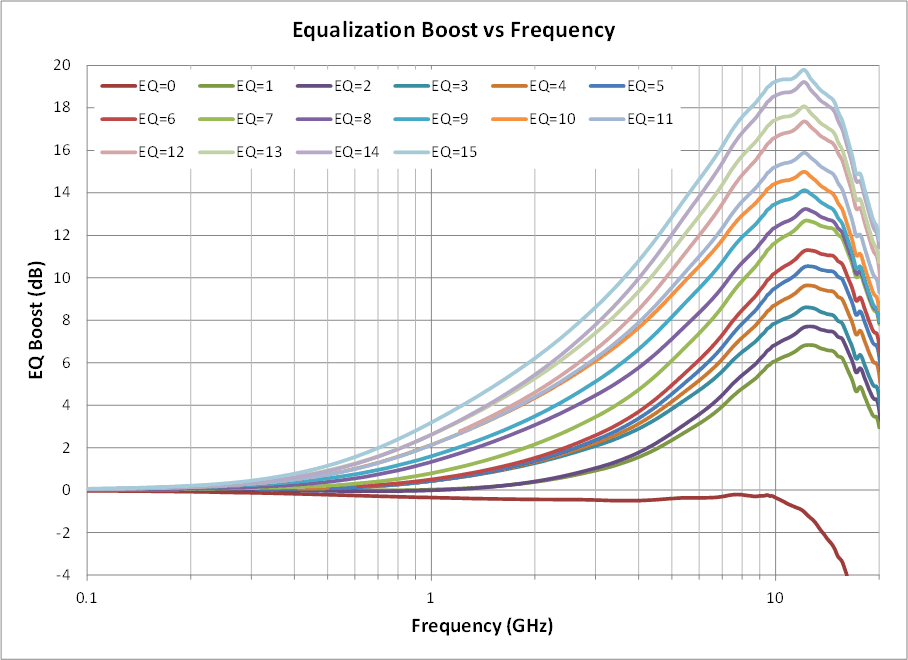 Figure 6-1 Typical EQ Boost vs Frequency
Figure 6-1 Typical EQ Boost vs Frequency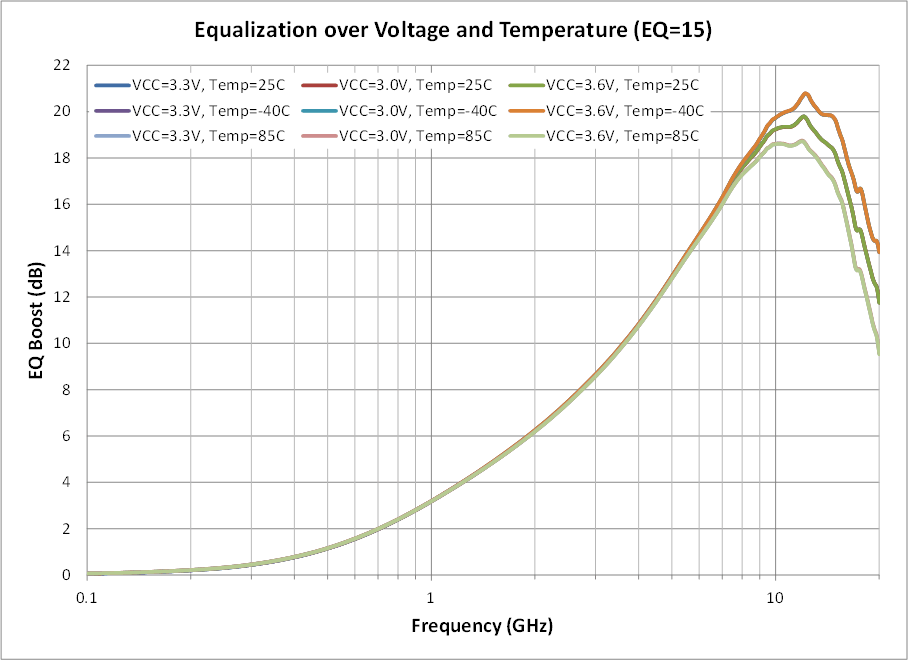 Figure 6-2 Typical EQ Boost over Voltage and Temperature with EQ=15
Figure 6-2 Typical EQ Boost over Voltage and Temperature with EQ=15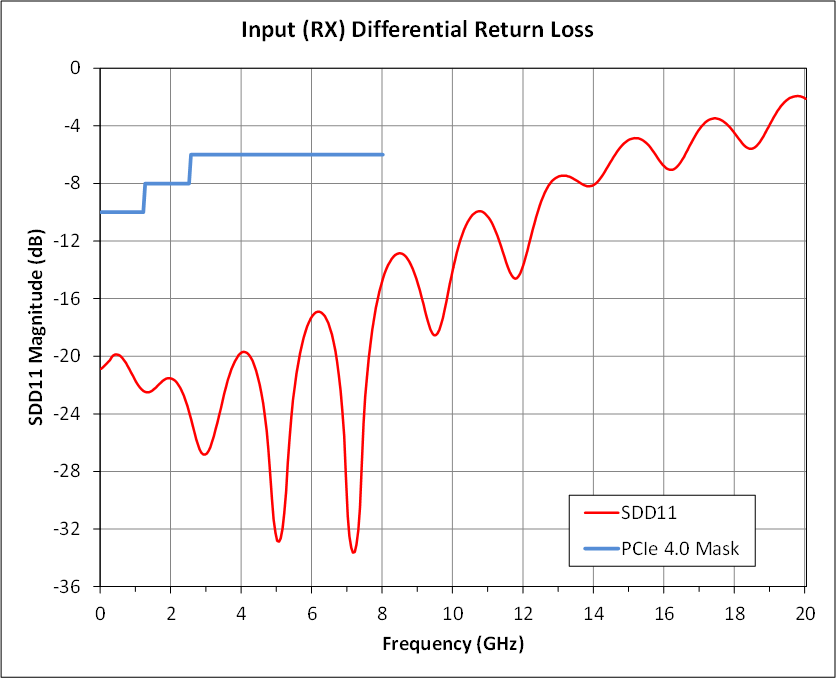 Figure 6-3 Typical RX Differential Return Loss
Figure 6-3 Typical RX Differential Return Loss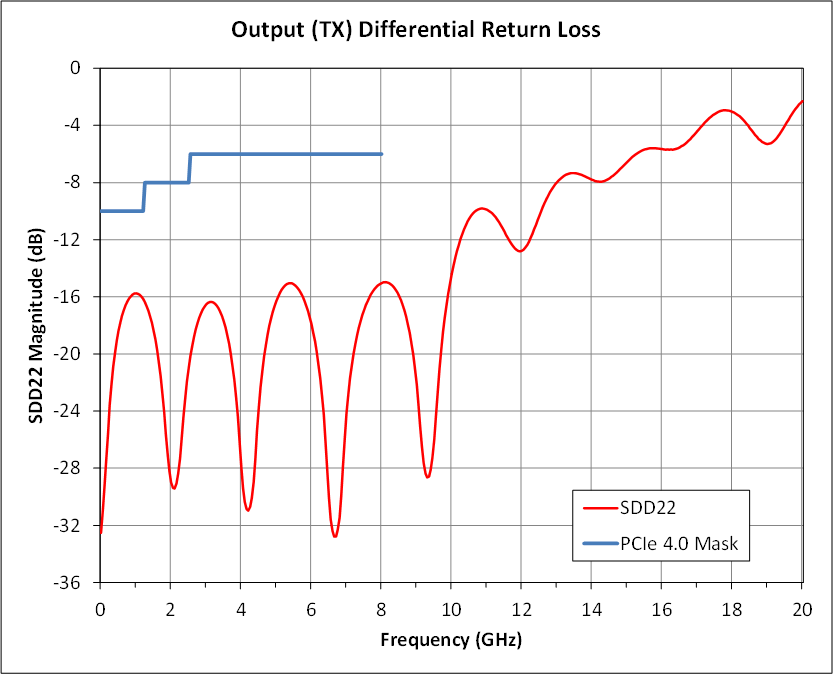 Figure 6-4 Typical TX Differential Return Loss
Figure 6-4 Typical TX Differential Return Loss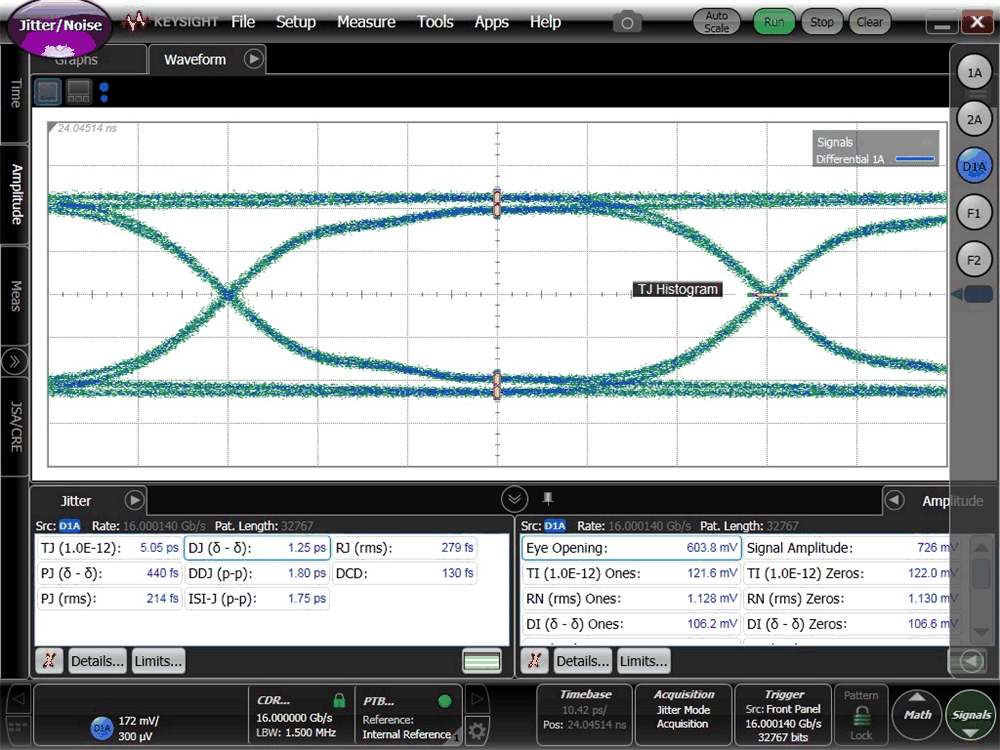
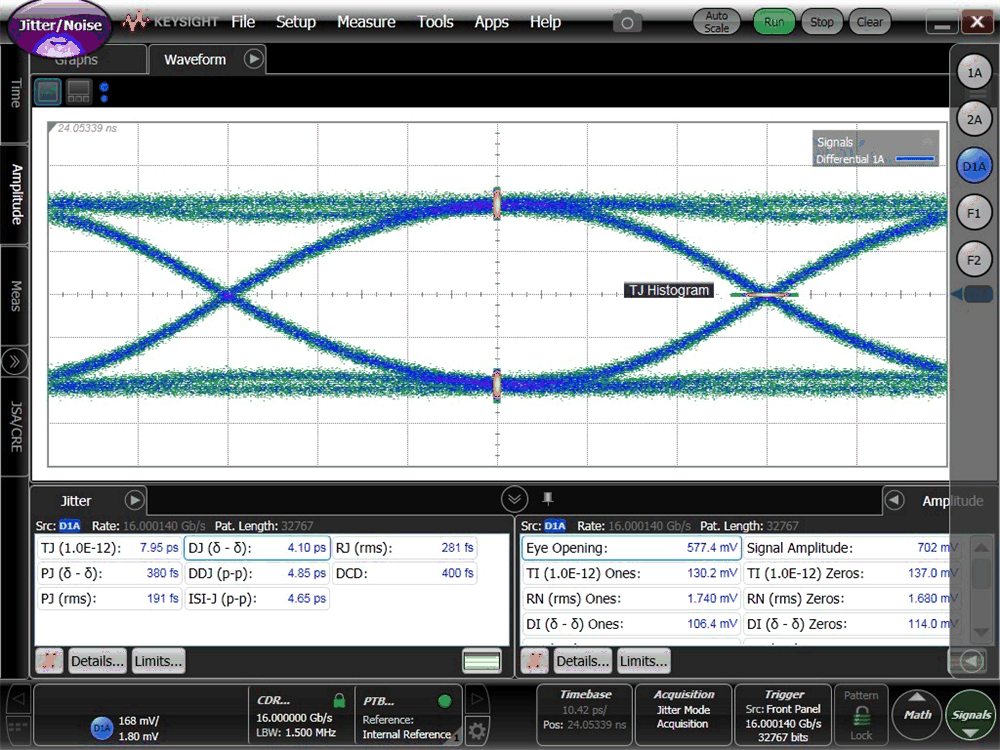 Figure 6-5 Typical Jitter Characteristics - Top: 16Gbps PRBS15 Input to the
Device, Bottom: Output of the Device.
Figure 6-5 Typical Jitter Characteristics - Top: 16Gbps PRBS15 Input to the
Device, Bottom: Output of the Device.